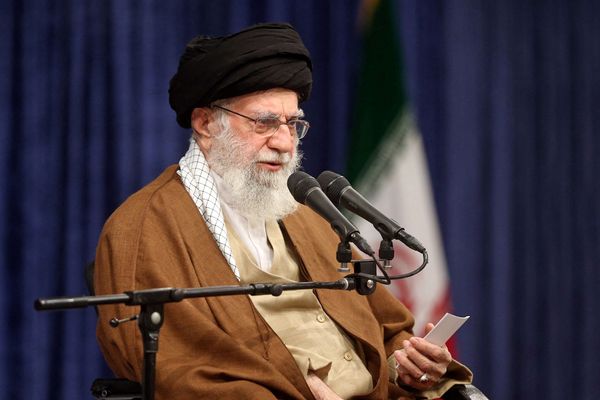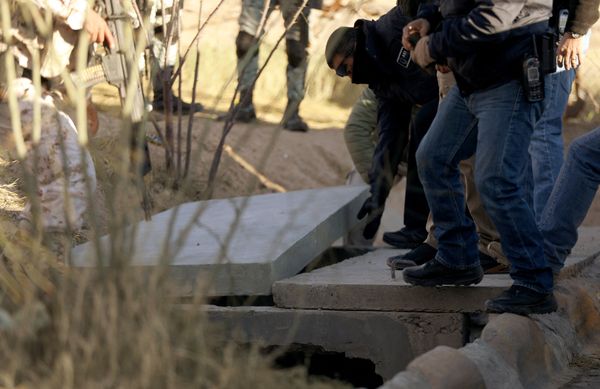
Human rights groups have urged Malaysia to investigate conditions at migrant detention centres after the government said 150 foreigners, including seven children, died at the facilities last year.
Malaysia routinely detains foreigners without valid permits to remain in the country, including asylum seekers. It is home to millions of undocumented migrants and over 100,000 Rohingya refugees.

Its detention centres are crowded and unhygienic, and detainees have inadequate access to food, water and healthcare, according to activists and Reuters' interviews with former detainees.
In a written reply this week to a question in parliament, Malaysia's home minister, Saifuddin Nasution Ismail, said seven children and 25 women were among those who died in detention last year.
He did not disclose the cause of deaths or the number of migrants held in detention. Last July, Malaysia said there were 17,703 foreigners in its detention facilities.

"The fact that so many foreigners, including children, die in immigration custody is a scathing indictment of Malaysia's failure to treat those they are holding as human beings who have rights," said Phil Robertson, deputy Asia director at Human Rights Watch.
Undocumented foreigners are typically detained for long periods while awaiting deportation, while refugees and asylum seekers who do not want to return home are held indefinitely.
Malaysia does not recognise refugees, and gives few rights to those given protection by the United Nations High Commissioner for Refugees (UNHCR).

The UNHCR has been denied access to detention centres since August 2019, hampering efforts to release and resettle asylum seekers.
Amnesty International said restricted access and a lack of independent monitoring was fostering harm, and called for a transparent investigation into the deaths.
"It is the responsibility of the government to act openly and with urgency," it said.

Malaysia's home ministry and immigration department, which runs the detention centres, did not respond to requests for comment.
Malaysia has increasingly come under scrutiny for its treatment of migrants.
In 2020, it arrested thousands of undocumented foreigners during the pandemic in what authorities said were efforts to prevent the coronavirus spread. It has also deported asylum seekers back to Myanmar, drawing criticism.
(Reporting by A. Ananthalakshmi; Editing by Martin Petty)







